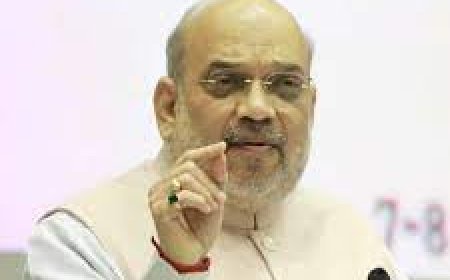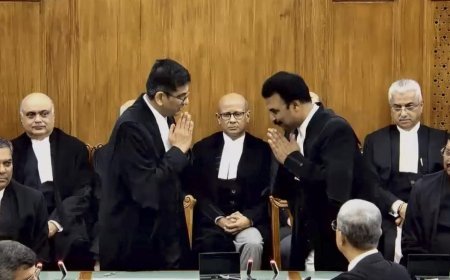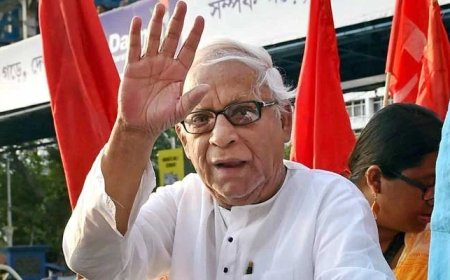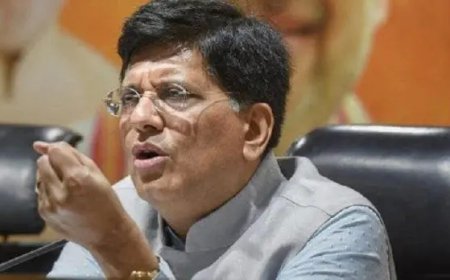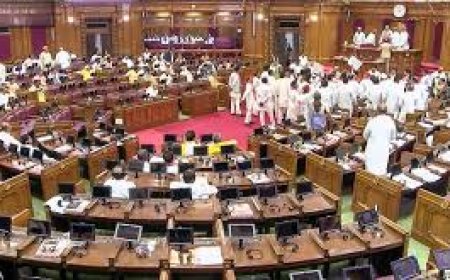Karnataka Pauses Jobs-for-Locals Bill Following Industry Backlash
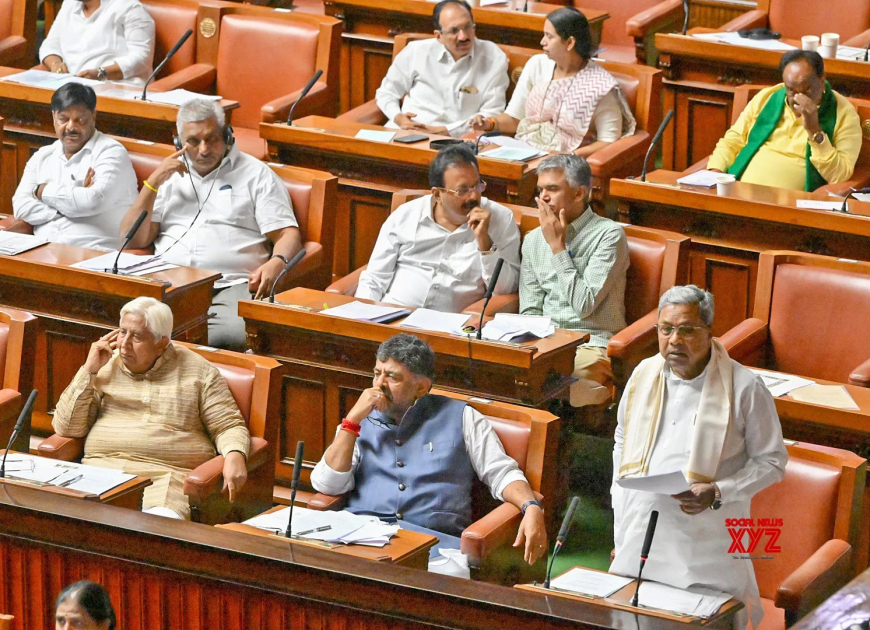
Karnataka Pauses Jobs-for-Locals Bill Following Industry Backlash
Syllabus: GS2/Polity and Governance
Context
The Karnataka government has decided to halt the implementation of the Jobs-for-Locals Bill after facing significant opposition from industry stakeholders. The decision comes in the wake of strong reactions from the business community, which raised concerns about the potential negative impact on the state's economic environment.
Key Details
The Jobs-for-Locals Bill, which aimed to reserve a certain percentage of jobs in the private sector for local residents, was introduced with the intention of addressing unemployment and ensuring that the benefits of economic growth reach the local population. However, the bill has been put on hold following an uproar from industry leaders and business associations.
Industry Concerns
- Impact on Competitiveness: Industry representatives argue that the bill would reduce the competitiveness of businesses operating in Karnataka. They contend that the imposition of local hiring quotas could limit their ability to recruit the best talent available, potentially affecting productivity and innovation.
- Investment Climate: Business leaders have expressed fears that the Jobs-for-Locals Bill could deter investment in the state. They warn that companies may be reluctant to invest in Karnataka if they are compelled to adhere to restrictive hiring practices, thereby impacting economic growth and job creation.
- Operational Challenges: Companies have highlighted practical difficulties in implementing the bill. These include challenges in identifying qualified local candidates for specialized roles and the administrative burden of compliance with the new regulations.
Government's Response
In response to the industry's concerns, the Karnataka government has decided to pause the implementation of the Jobs-for-Locals Bill. Chief Minister stated that the government will hold further consultations with industry stakeholders to address their concerns and seek a balanced approach that promotes local employment without compromising the state's economic interests.
Analysis
The decision to halt the Jobs-for-Locals Bill underscores the delicate balance that governments must strike between promoting local employment and maintaining a favorable business environment. While the intention behind the bill—to reduce unemployment and ensure local communities benefit from economic activities—is commendable, the potential adverse effects on the state's economy cannot be overlooked.
Economic Implications
- Employment: The bill aimed to provide more job opportunities for local residents, addressing the issue of unemployment. However, the industry's resistance suggests that the policy could have unintended consequences, such as reducing overall job creation if businesses choose to relocate or limit their operations in the state.
- Economic Growth: A thriving private sector is crucial for economic growth. By halting the bill, the government acknowledges the importance of sustaining an attractive investment climate that encourages business expansion and innovation.
- Investment: The reaction from the industry highlights the importance of creating a predictable and supportive regulatory environment. Ensuring that policies do not create excessive burdens on businesses is essential for attracting and retaining investment.
Future Outlook
The Karnataka government's decision to hold further consultations indicates a willingness to find a middle ground that addresses both local employment needs and industry concerns. Moving forward, it will be important for the government to engage in constructive dialogue with all stakeholders to develop a policy framework that supports local employment while fostering a competitive and dynamic economic environment.
In conclusion, the halt of the Jobs-for-Locals Bill in Karnataka reflects the complexities involved in policy-making where economic development and social equity intersect. The government's approach to resolving these issues through consultation and collaboration will be crucial in shaping the state's economic future.
What's Your Reaction?









